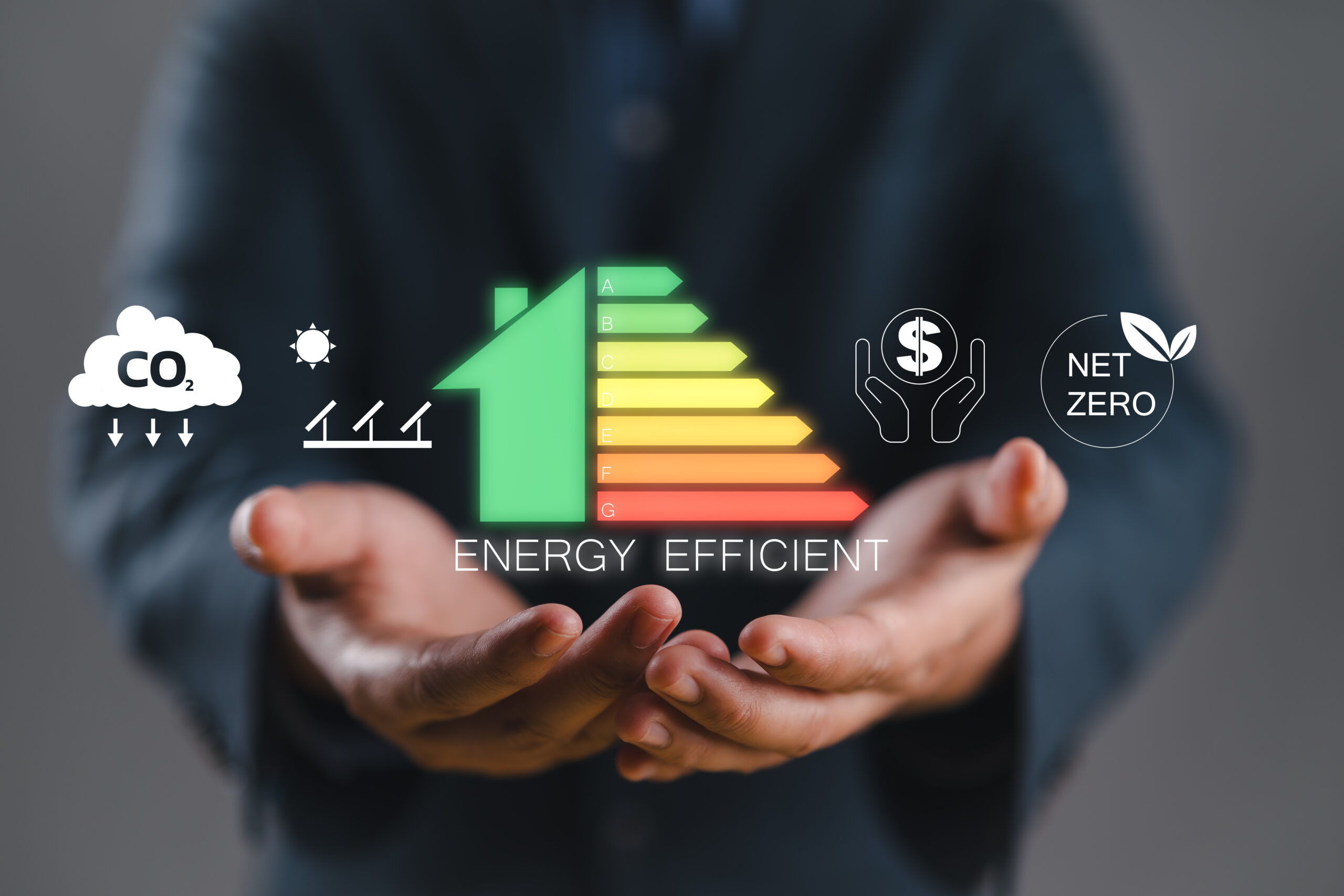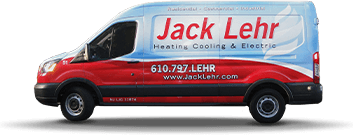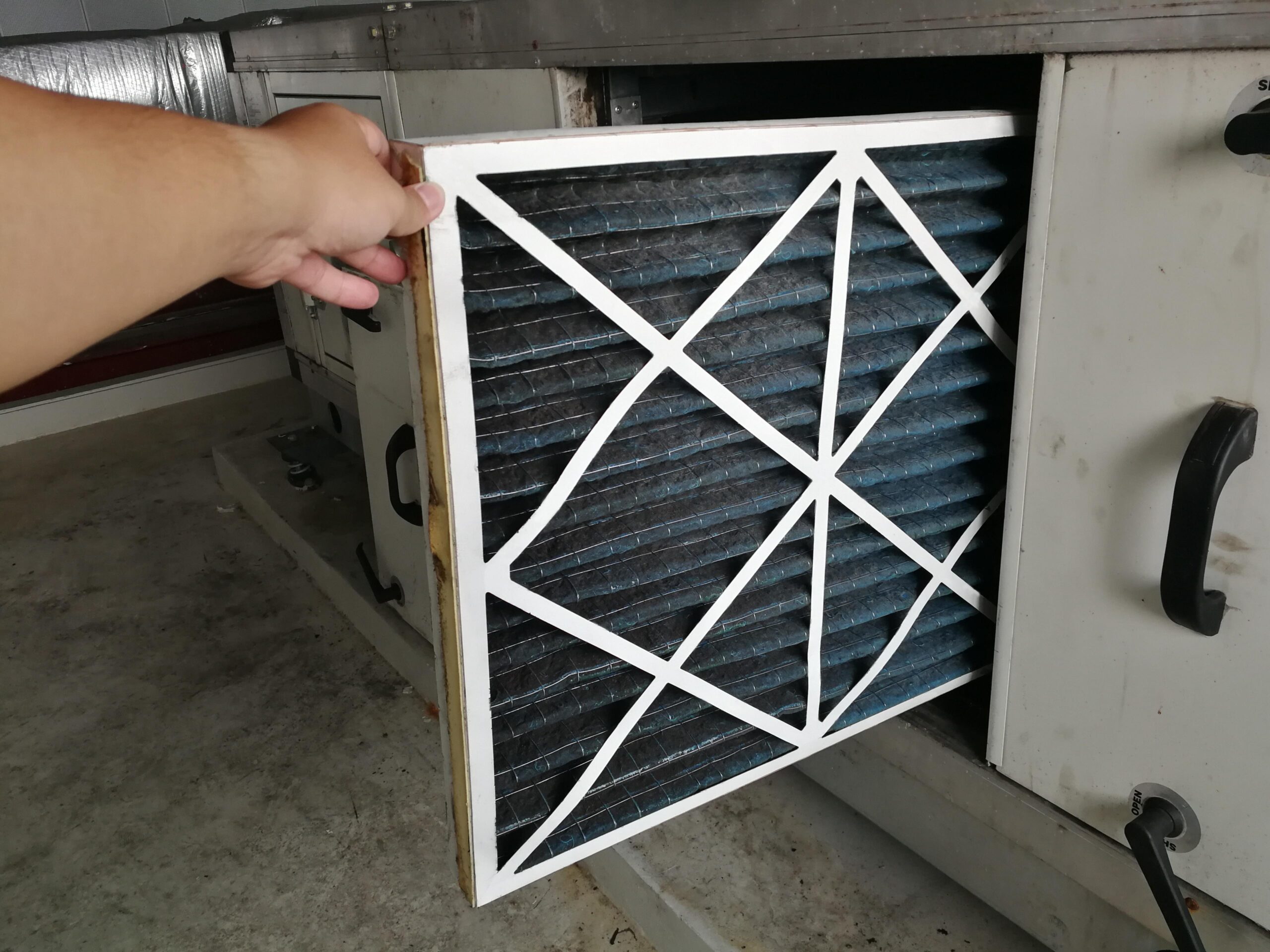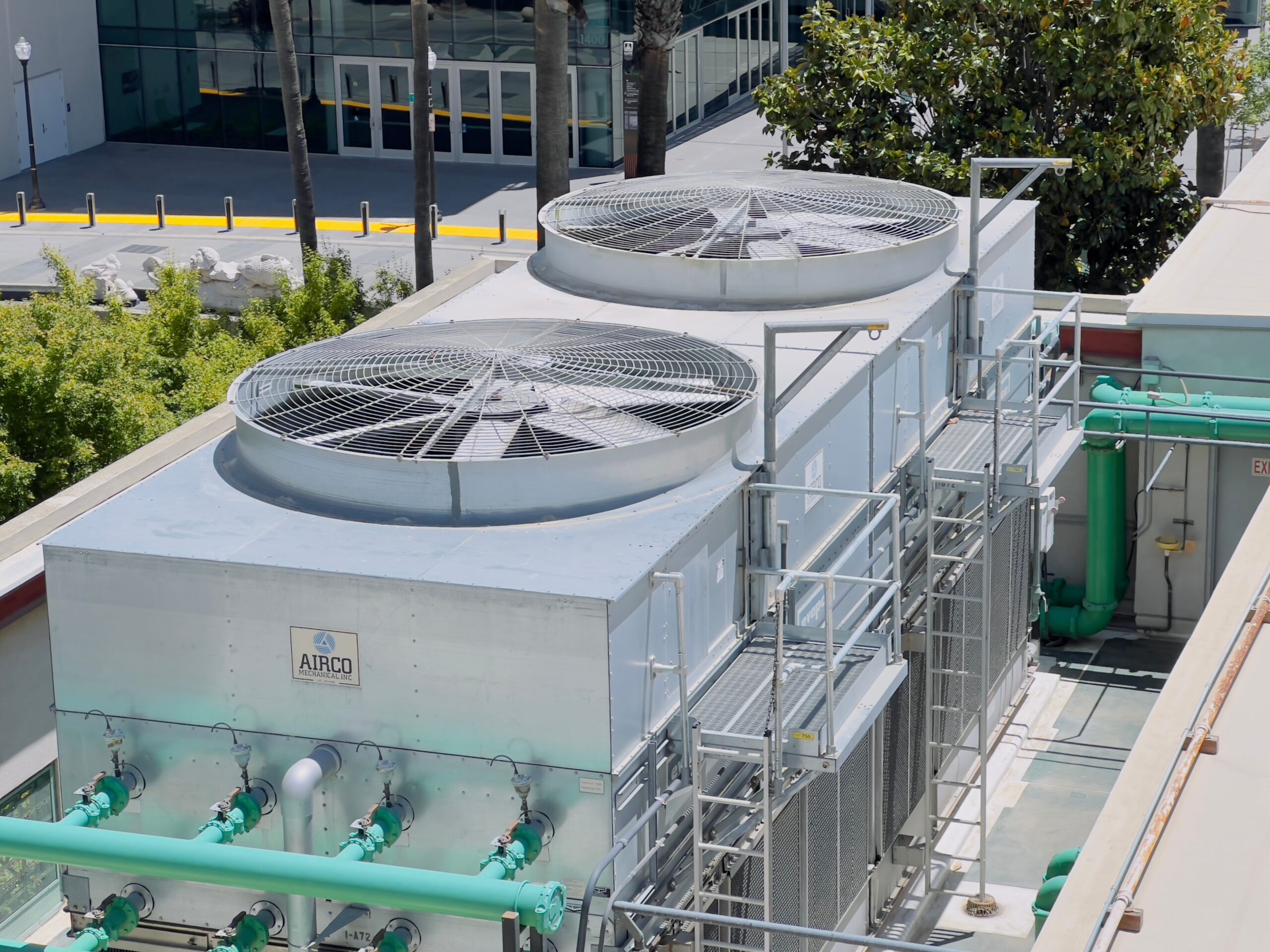What is the Most Efficient Way to Heat Your Home?

10 Most Efficient Heating Systems For Homeowners
Heat Pumps (Air Source)
Heat pumps are leading the charge in energy-efficient technology when it comes to the most efficient way to heat your home. Air source heat pumps work by extracting heat from the outside air to warm your home. And yes, heat pumps work even in cold weather! As a bonus, they can also cool your home in summer, making them a versatile year-round solution.
Heat Pumps (Geothermal)
For an even more efficient option, ground source (or geothermal) heat pumps tap into the earth’s constant underground temperature. While they cost more to install initially, their exceptional efficiency can lead to significant long-term savings. Check out our heat pump comparison guide to explore costs, efficiency ratings, and expert recommendations.
High-Efficiency Furnaces
If you’re considering a more traditional approach, modern high-efficiency furnaces have come a long way. Look for models with an Annual Fuel Utilization Efficiency (AFUE) rating of 90% or higher; this means they convert 90% or more of their fuel into usable heat, unlike older models that might waste up to 40% of their fuel.
Radiant Floor Heating
Radiant floor heating is one of the most efficient ways to heat your home because it heats objects and people directly rather than just the air. By operating at lower temperatures than traditional forced-air systems (about 84°F compared to 120°F), these systems can reduce energy usage by 25-30%. They distribute heat evenly throughout your space, eliminating cold spots and reducing heat loss through ductwork, which can waste up to 30% of energy in traditional systems.
Solar Heating
Solar heating systems can slash your heating costs by 50-80% depending on your location and setup. Solar thermal systems collect the sun’s energy to heat water for your home’s heating system, while solar panels can power electric heating elements. After initial installation costs, you’re essentially getting free energy from the sun. Many homeowners see a return on their investment within 5-10 years through reduced energy bills.
Smart Thermostats
Smart thermostats can reduce your heating bills by 10-12% on average. These systems go beyond simple programming by learning your household’s patterns and automatically adjusting temperatures for optimal efficiency. They can detect when you’re away, adjust for weather changes, and even provide detailed energy usage reports. Some models can save homeowners up to $180 per year on heating and cooling costs.
The Secret To An Energy-Efficient Home: Whole-House Heating Strategies
Want to know what really makes the difference between a somewhat efficient home and one that truly saves energy? It’s not just having the latest high-tech heating system (though that certainly helps.)
Instead, it’s about taking a comprehensive approach that combines regular maintenance of your heating equipment with proper insulation, strategic air sealing, smart thermostat settings, and more.
Expert Tips To Cut Costs & Maximize Your Heating Efficiency
Better Temperature Management
If you have a conventional heating system, make your programmable thermostat work for you. Lower the temperature while you’re sleeping or away from home to save energy.
- Expert Tip: Installing heat-resistant radiator reflectors behind units on exterior walls can help bounce more heat back into your rooms instead of losing it to the outdoors.
Regular Maintenance Matters
Just like your car needs regular oil changes, your heating system needs consistent care to run efficiently. Make checking or replacing your furnace filters a monthly habit. It’s one of the easiest ways to keep your system running smoothly.
Proper Home Management
Your daily habits can have a surprising impact on your home’s energy efficiency. Think of your exhaust fans like any other appliance: they serve a purpose, but leaving them running too long just wastes energy. A good rule of thumb is to turn them off within 20 minutes after you’re done cooking or bathing.
Making The Right Upgrades
When it’s time to replace your heating equipment, you have an exciting opportunity to significantly improve your home’s comfort and energy efficiency. But with so many options available, how do you make the best choice?
That’s where a reliable HVAC company comes in. They can provide you with detailed energy fact sheets and help you compare different models that would work best for your specific home and climate. They can even explain available rebates and financing options that might make a more efficient system fit your budget.
Questions or need more information?
Contact Us


We Treat You Like Family
When you choose Jack Lehr Heating Cooling & Electric, you’ll benefit from our:
When you choose Jack Lehr Heating Cooling & Electric, you’ll benefit from our:
- 50+ years of experience
- Our installation and service guarantees
- Top-of-the-line products
- Respect for your home or business
- Financing options
- And much more!


